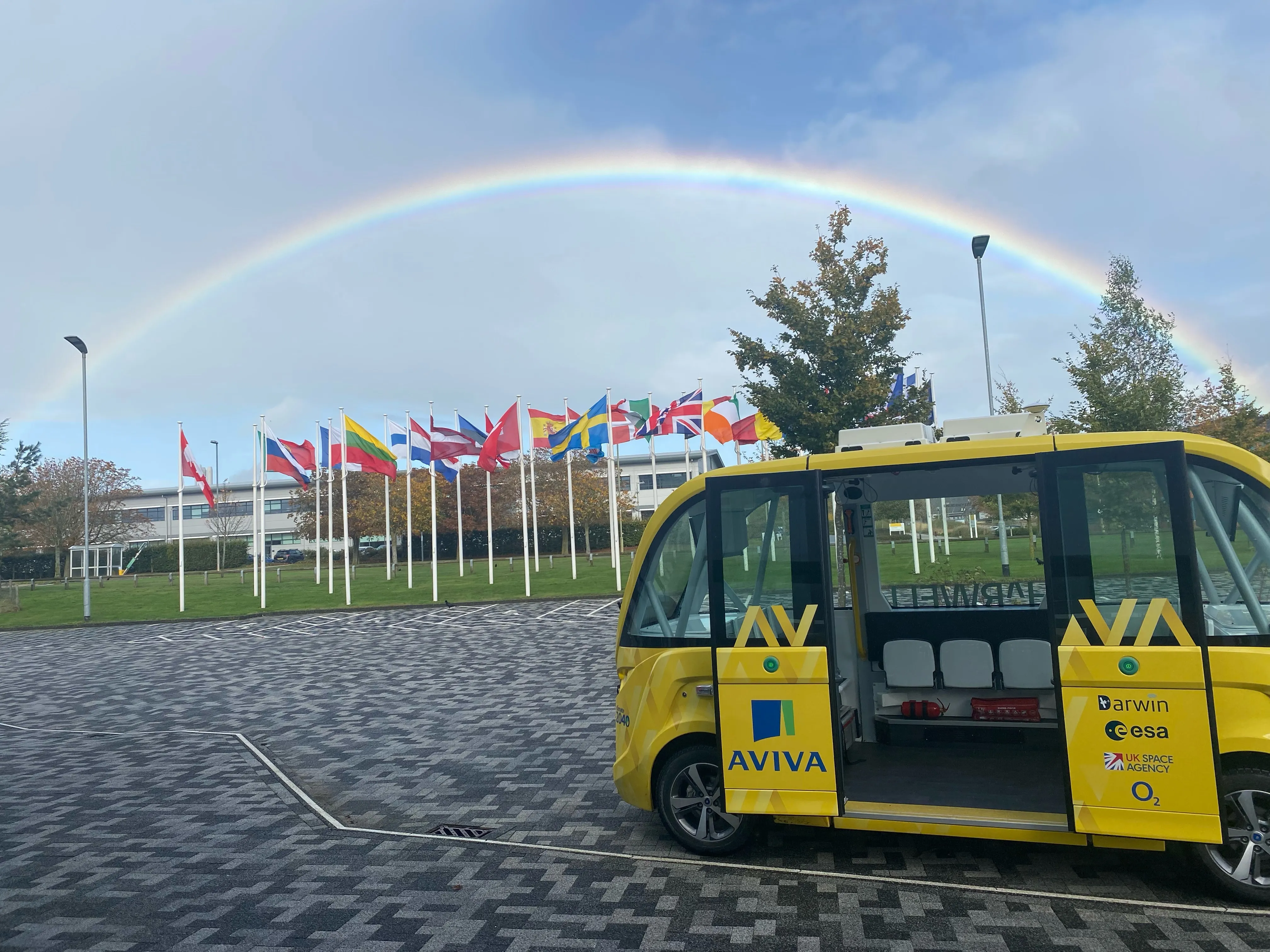Seven projects will share in US$4.2 million (AU$5.6 million) from the first round of funding from the South Australian government’s Future Mobility Lab Fund to drive local development of autonomous vehicle technology.
Autonomous cargo pods for the Tonsley Innovation Precinct and driverless shuttles for Flinders University students are also among the projects to win funding, with other projects to be announced soon.
Transfers between Adelaide Airport’s terminal and long-term car park are set to go driv
March 24, 2017
Read time: 2 mins
Seven projects will share in US$4.2 million (AU$5.6 million) from the first round of funding from the South Australian government’s Future Mobility Lab Fund to drive local development of autonomous vehicle technology.
Autonomous cargo pods for the Tonsley Innovation Precinct and driverless shuttles for Flinders University students are also among the projects to win funding, with other projects to be announced soon.
Transfers between Adelaide Airport’s terminal and long-term car park are set to go driverless with the US$2.1million (AU$2.8 million) trial of a driverless shuttle. Adelaide Airport will receive US$762,000 (AU$1 million) from the fund to trial three electric driverless shuttles operating between the long-term car park and the terminal. If the trial is successful, the driverless shuttles will be become a permanent part of its operations.
International driverless car supplier RDM Group will also receive US$762,000 (AU$1 million) towards a driverless cargo pod trial, transporting goods at the city’s Tonsley precinct, with the aim of developing a market-ready autonomous delivery pod within a year. The project will involve pods similar to the Pod Zero launched in 2016, which will be modified to carry global standard air freight containers. The UK-based company opened its Asia-Pacific headquarters at the Tonsley Business Precinct in January.
Another US$762,000 (AU$1 million) will go to Flinders University, which will collaborate with the RAA on a three-year driverless shuttle project. Initially the vehicle will shuttle students around the Tonsley campus, with future plans to extend to the Bedford Park campus and local public transport hubs.
Autonomous cargo pods for the Tonsley Innovation Precinct and driverless shuttles for Flinders University students are also among the projects to win funding, with other projects to be announced soon.
Transfers between Adelaide Airport’s terminal and long-term car park are set to go driverless with the US$2.1million (AU$2.8 million) trial of a driverless shuttle. Adelaide Airport will receive US$762,000 (AU$1 million) from the fund to trial three electric driverless shuttles operating between the long-term car park and the terminal. If the trial is successful, the driverless shuttles will be become a permanent part of its operations.
International driverless car supplier RDM Group will also receive US$762,000 (AU$1 million) towards a driverless cargo pod trial, transporting goods at the city’s Tonsley precinct, with the aim of developing a market-ready autonomous delivery pod within a year. The project will involve pods similar to the Pod Zero launched in 2016, which will be modified to carry global standard air freight containers. The UK-based company opened its Asia-Pacific headquarters at the Tonsley Business Precinct in January.
Another US$762,000 (AU$1 million) will go to Flinders University, which will collaborate with the RAA on a three-year driverless shuttle project. Initially the vehicle will shuttle students around the Tonsley campus, with future plans to extend to the Bedford Park campus and local public transport hubs.








